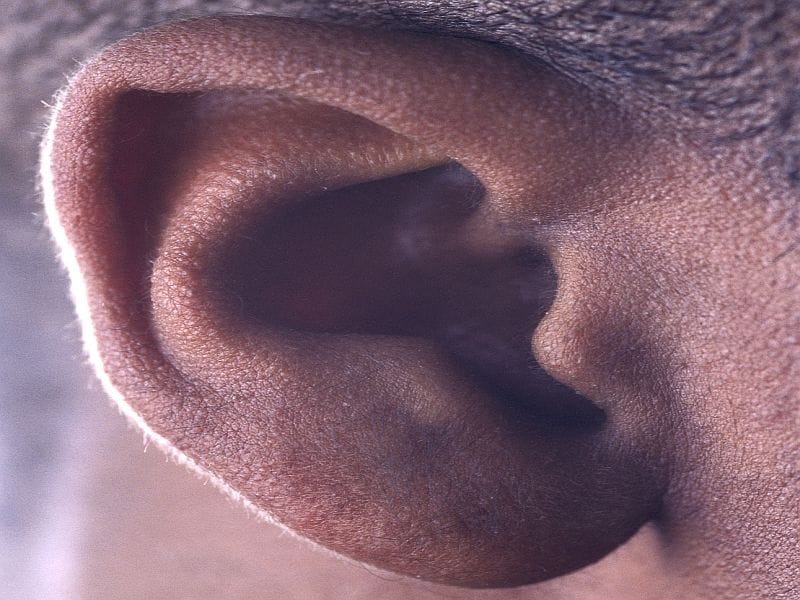Evidence insufficient for assessing benefits and harms of screening in older adults without symptoms
WEDNESDAY, Sept. 9, 2020 (HealthDay News) — The U.S. Preventive Services Task Force (USPSTF) concludes that current evidence is inadequate for assessing the balance of benefits and harms of hearing loss screening for older adults. This finding forms the basis of a draft recommendation statement published online Sept. 8 by the USPSTF.
Cynthia Feltner, M.D., M.P.H., from the RTI International-University of North Carolina at Chapel Hill Evidence-Based Practice Center in Research Triangle Park, and colleagues conducted a systematic review to examine screening for hearing loss in adults aged 50 years or older. In one randomized controlled trial involving 2,305 veterans, screening for hearing loss was not associated with improvements in hearing-related function at one year. A single-question screening had pooled sensitivity of 66 and 80 percent and pooled specificity of 76 and 74 percent for detecting mild and moderate hearing loss, respectively. Data were insufficient for examining the accuracy of the Hearing Handicap Inventory for the Elderly-Screening tool for mild hearing loss; few studies assessed other screening questionnaires, clinical tests, or technology.
Based on these findings, the USPSTF concluded that the current evidence was insufficient for assessing the benefits and harms of screening for hearing loss in older adults without symptoms of hearing loss (I statement).
“Although we found that screening tests can detect hearing loss, we don’t have clear evidence about whether or not it’s helpful to identify hearing loss in people who have not reported hearing issues,” USPSTF member Chien-Wen Tseng, M.D., M.P.H., said in a statement.
Draft Evidence Review
Draft Recommendation Statement
Comment on Recommendation Statement
Copyright © 2020 HealthDay. All rights reserved.








